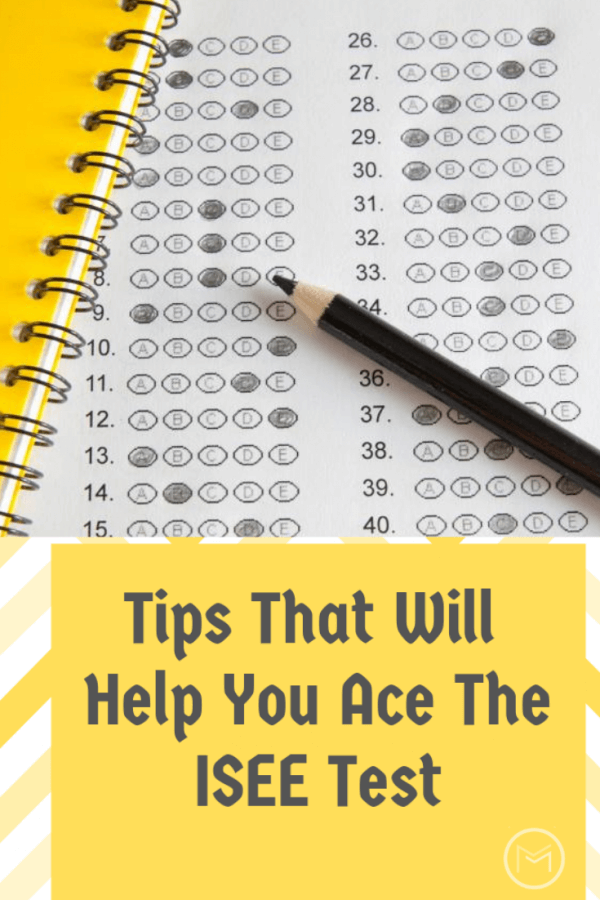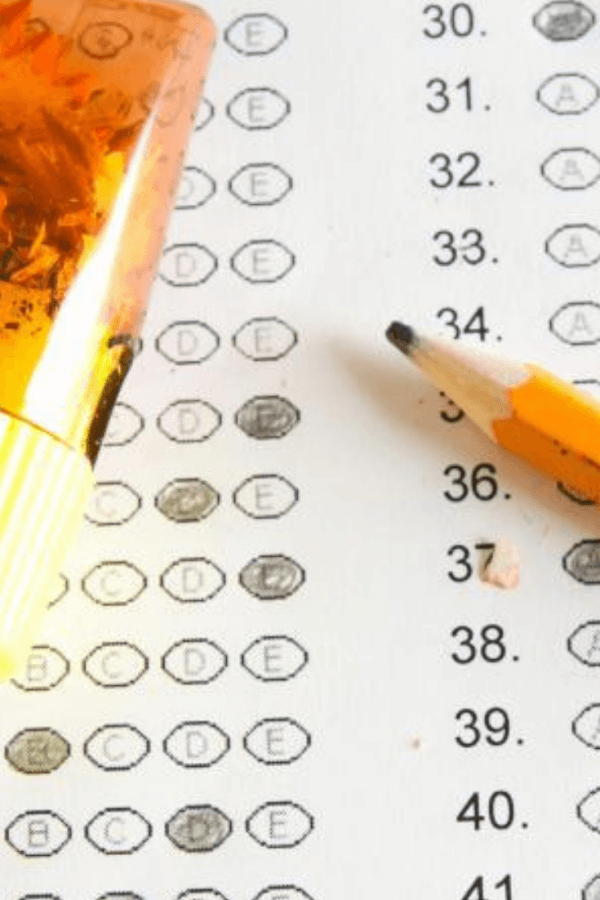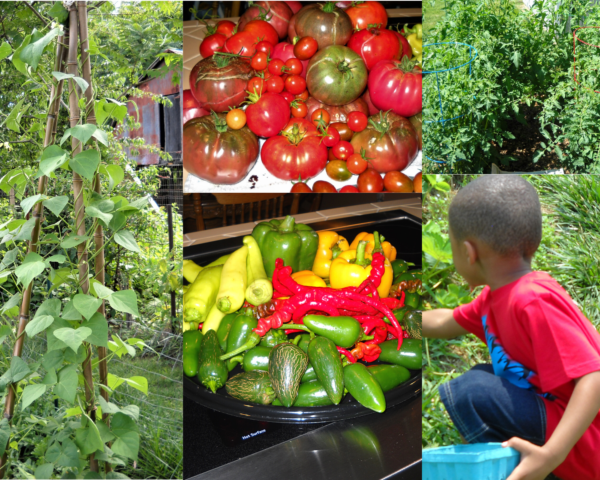If you have a children interested in going to a private institution of higher learning we have a few parenting tips on helping them ace the Independent School Entrance Examine (ISEE). This is a great standard assessment of skills and knowledge. Every student looking to go into a independent post-secondary education needs to take this test. It is a single, fair, and standardized test that all students take. It is a way for universities and colleges to judge who the best, top, and brightest applicants are. With our ISEE tips, your child will ace the test.
So, one of the things you will need to begin with is the best ISEE prep test book. A prep test book can help because it allows students to familiarize themselves with the content as well as the format of the ISEE test. So, let’s go over them:

-
Know Each Section of the Test
As is the case with every test, including this ISEE test, there are going to be standard sections and topics. It is recommended that your child become familiar with them. There are 5 main sections that will appear on every ISEE test. These sections include verbal reasoning, quantitative reasoning, reading comprehension, mathematics achievement, and the essay section. We suggest that you child take sample tests so they are familiar with these particular sections, and what to expect from them.
Additionally, these sections always come in the same order as we have just listed. Your child will need to score in the top 50th percentile to get into any school of their choice. Elite schools often only accept students in the top 85th percentile.
-
Answer All Questions
People who do not score well on the ISEE test, or even fail it, often make one big mistake. Students think that if they don’t know the answer to a question, or are not totally sure of the answer, that they should just skip the question. This is detrimental to the test score.
There are no deductions made for wrong answers. As a result, losing points shouldn’t be a concern. However, if your child does not answer a question that they are unsure of, they will not get points if their answer turns out to be correct. Simply put, encourage your child to throw a Hail Mary, rather than not answering the question at all.

-
Be Prepared For Test Day
Another reason students do not fare well on the ISEE is a lack of preparation for test day. Yes, this includes many variables. However, your child needs to be prepared for all of them. One of the biggest ISEE tips is to start studying early. But, not the day before. Allow your child to take the day off before the ISEE to let their brain rest. Encourage your child to get a good night’s rest, so their brain will be in top condition the day of the test.
Additionally, wear a watch to help manage time, and bring enough writing utensils in the event that one breaks or stops working. Also, leave your phone at home, eat a good breakfast, and wear comfy clothes. You child will better prepared to ace the test if they are comfortable and rested.
-
Practice, Practice, Practice
As we mentioned in the introduction, one of the absolute best ways to ensure that you ace your ISEE test is to practice. Yes, studying, reading, and being familiar with the test helps a lot. However, there is really nothing better than an ISEE prep test or multiple ones. The more test preps you complete, the more familiar you will be with what is expected of you. And, this counts for your allotted test time, materials, and the format of the test as well. Get some practice books immediately!
-
Time Management
Yet another big tip you need to adhere to in order to ensure success on your ISEE test is to engage in effective time management. There are too many test takers that will stress out over single questions, or a few of them.
This is bad because you will end up spending way too much time on one section of the ISEE test, while potentially neglecting others. This could result in the last several pages of the test being unanswered due to a lack of time. Know how much time you have for each section, and if you run out of time, move on to the next one.
-
Read & Build Vocabulary
The last of our ISEE tips is to read as much as you can in the months leading up to the ISEE test. We are talking about high quality books, intellectual books, and any other kind of reading material that will both further your knowledge of the world and build your vocabulary. Simply put, the more vocabulary you know, and the more information you have in your arsenal, the better your chances of succeeding on the ISEE test.
Conclusion
So, we hope that you find the ISEE tips helpful. Make no mistake about it, this test is not for the faint of heart. However, it will determine your child’s future. So, you should do everything in your power to ensure they are adequately prepared for it!





